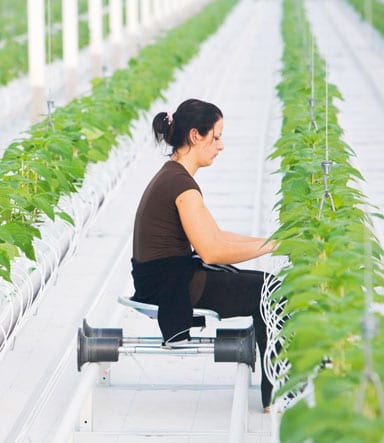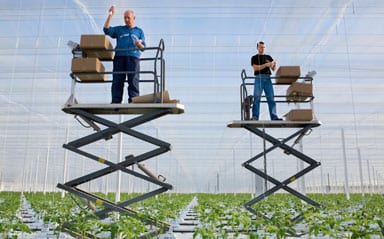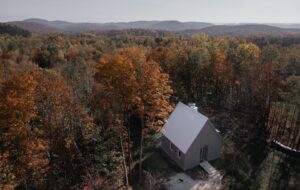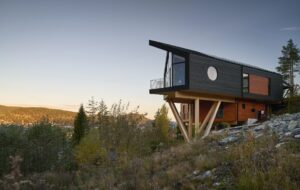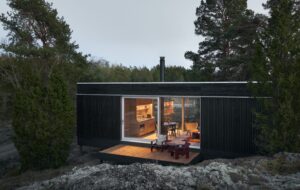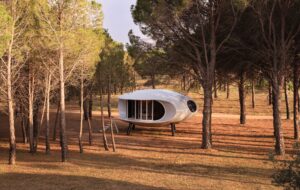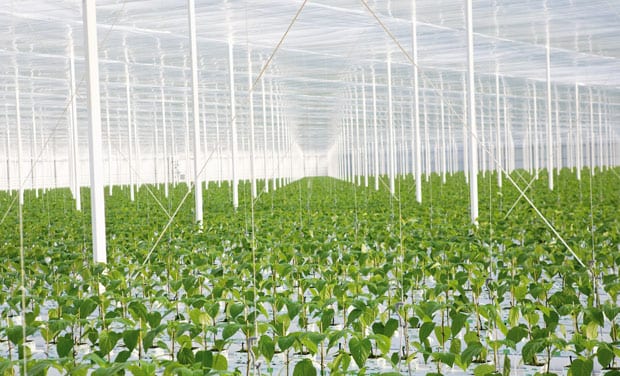
words William Wiles
Thanet Earth is a vast complex of greenhouses in east Kent that aims to bring the Dutch model of high-intensity horticulture to the UK. In March, the first peppers, tomatoes and cucumbers will be harvested from the sprawling facility, which will soon grow 15 per cent of the UK’s salad vegetables, reducing imports from the Netherlands.
Three of seven planned glasshouses are now in operation. The largest of these three structures, devoted to tomatoes, covers close to 10 hectares, equivalent to nine football pitches. A forest of steel columns, one every five metres, supports a single layer of high-translucency glass. The floor is compacted earth, covered with white plastic.
No soil is used for growing. The plants are carried in troughs that are suspended from the ceiling, hanging a metre above the floor. This height means that they can be picked without the workers bending over. They are planted in Rockwool, an inert substrate, and fed with nutrients through the irrigation system.
Everything is micro-managed. “We’re measuring all the time,” says Steve McVickers, Thanet Earth’s managing director. “Temperature, humidity, the amount of water in the Rockwool; we’re looking at the growth of the plants, we’re looking at the ventilation, we’re looking at where the sun is, we’re looking whether it’s raining, we’re looking at the wind direction. The greenhouse is constantly adjusting itself.”
Surprisingly, this way of growing has a smaller carbon footprint than its competitors, thanks to the CHP plant and the site’s seven reservoirs, which store up water in the winter for use in the summer. The only natural resource that Thanet Earth is reliant upon is light, lack of which rules out similar projects north of London.
